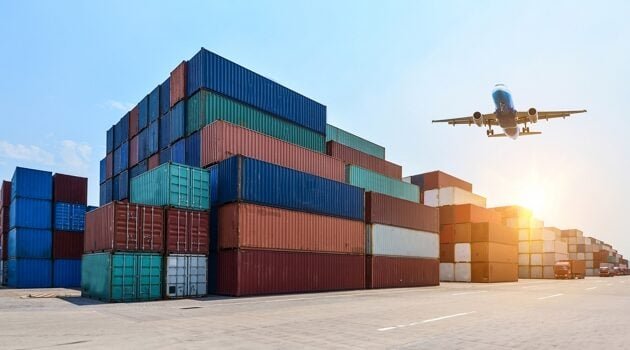Iraq is facing serious concerns over its financial oversight. The country has transferred more than $300 billion abroad in just five years. However, customs revenues during the same period remain shockingly low. This growing issue highlights what many experts now call the Iraq customs revenue gap.
According to the Iraq Future Foundation for Economic Studies, Iraq moved over 415 trillion dinars overseas since 2019. That equals about $311 billion. These transfers were meant for imports, based on Central Bank data. Yet, customs duties collected by the Ministry of Finance totaled just 8.5 trillion dinars.
This means Iraq collected less than 2% of the transferred amount in customs fees. Analysts say this is a huge financial warning. Manar al-Obaidi, head of the foundation, called the return “strikingly low.”
He explained that a 7% standard tariff should have produced at least 29 trillion dinars. Even after exemptions, Iraq should have earned far more. Instead, the country lost at least 21 trillion dinars, or $14.5 billion. “This figure is conservative,” al-Obaidi added. “The actual loss could be even greater.”
So, what’s causing the problem? Al-Obaidi blames long-standing failures in Iraq’s customs system. He argues that tariff waivers alone don’t explain such a big gap. Instead, the Iraq customs revenue gap reveals systemic issues and loopholes.
Moreover, the customs system struggles with enforcement. Weak auditing allows goods to pass through without proper fees. Some imports enter the country without accurate records. These flaws damage Iraq’s economy and reduce public revenue.
In addition, Iraq’s financial policies lack proper coordination. Many agencies operate without sharing data. This lack of transparency hurts efforts to improve tax collection. As a result, the Iraq customs revenue gap keeps growing.
Al-Obaidi urged policymakers to act quickly. He suggested stronger regulations, improved data systems, and more staff training. He also called for reviewing import exemption policies. Without change, Iraq risks losing even more critical revenue.
This issue has become a major concern for economists, lawmakers, and investors. Better oversight could boost national income and reduce financial leakage.


